The Software Report is pleased to announce the awardees for The 25 Best Ecommerce Software of 2020. We ran an extensive process to determine this year’s winners, which began with research on the wide universe of individual companies that make up this segment of the software market. We then selected a subset to participate in our nomination survey allowing Company executives, employees and customers to submit nominations.
Lastly, we closely evaluated the information provided through the nomination submissions while factoring in additional information sources pertaining to the Company’s software product offering, longevity in the industry, quality and size of its customer base, as well as management team strength among other factors. We believe the 2020 awardees represent the best of the best in Ecommerce software. Congratulations to all of this year’s winners.
 1. Radial
1. Radial
Radial is a leader in omni-channel commerce technology and operations, enabling brands and retailers to simplify their post-click commerce and improve their customer experiences. The Company was formed through the merger of Innotrac Corporation and the enterprise services unit of eBay Enterprise. Radial was later acquired in 2017 by Belgian Post Group, also known as bpost. The Company’s technical omni-channel solutions connect supply and demand through efficient fulfillment and transportation options, intelligent fraud, payments and tax systems, and personalized customer care services. Hundreds of retailers and brands partner with Radial, which brings flexibility and scalability to their supply chains and optimizes how, when, and where orders are fulfilled. The Pennsylvania-based company currently provides its solutions and services to companies like GameStop, DSW, Shoe Carnival and Destination XL. It currently operates 27 distribution centers as well as six call centers across the US, Canada, and Europe, and has a workforce of over 7,000 people.
 2. Unilog
2. Unilog
Since 1998 Unilog has delivered powerful ecommerce solutions for B2B companies, with a focus on the midmarket segment. Its software platform, CIMM2, provides a turnkey solution for distributors, wholesalers, manufacturers, and hardlines retailers with a “pro” component to their business. Customers benefit from a unified commerce solution that includes a Content Management System (CMS), Product Information Management (PIM), Shopping Cart, Site Search, Event Management, Analytics, Mobile App, and more. In addition, the company is the only eCommerce vendor who also provides product data and content enrichment services for highly complex catalogs with tens of thousands to millions of SKUs. Headquartered in Wayne, Pennsylvania, Unilog is supported by nearly 800 employees. Its notable customers include Turtle & Hughes, Schneider Electric, McNaughton-McKay, supplyFORCE, Distribution International, Affiliated Distributors, and Orgill.
 3. Button
3. Button
Button, a New York-based startup, offers technology that lets digital publishers and app developers integrate custom buttons, allowing users to easily book a table at a restaurant they just discovered, or get a ride to an event at the right address at the right time. The mobile commerce optimization platform enables companies to drive revenue through commerce in their mobile apps and websites with higher-converting technology. By closing the gap between browsing and buying, Button has driven over $3 billion in spending to date. Founded in 2014, the company has raised over $64 million in venture capital. On a mission to give consumers what they want at the tap of a button, the company continues to build out its mobile infrastructure and grow its strategic partnerships with companies like Uber, Foursquare and Groupon. In 2019, Button secured $30 million in a Series C round led by Icon Ventures along with participation from Capital One and returning investors Redpoint, Norwest, and DCM. Button has 127 employees across offices in New York, London, and San Francisco.
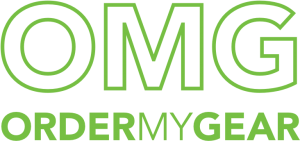 4. OrderMyGear
4. OrderMyGear
OrderMyGear is an industry-leading sales tool, empowering dealers, distributors, decorators, and brands to create custom online pop-up stores to sell branded products and apparel. Founded in 2008 as a replacement for paper order forms, OMG provides innovative technology that simplifies the process of selling customized merchandise to teams, companies, and organizations. It’s notably the first software company of its kind, setting the benchmark for quality, customer service, and innovation in the ever expanding sports gear industry. Alongside numerous integrations as well as partnerships with major sporting brands and apparel designers, the company offers an end-to-end solution to streamline the collection, customization, and distribution of products. Today, OMG powers online stores for more than 3,000 clients, processing more than 3.6 million transactions and generating more than $1 billion in online sales.
 5. Paymotion
5. Paymotion
Founded in 2007, PayMotion offers a multi-channel commerce platform designed and optimized for small and medium-sized businesses to sell products and services online. The Farmington, Utah-based company offers fully-hosted check-out services as well as coded payment API, with its ecommerce services making it easy for businesses to accept payments from any device, anywhere in the world. The platform supports both one-time and subscription billing. Notably, PayMotion has around 15 years of experience working with subscription businesses and understands how companies rely on subscription revenue from free trial conversions as well as highly optimized renewals. This is built into PayMotion's subscription functionality which offers its users a cohesive and seamless solution to enhancing revenue. Businesses that use the platform can track their success with real-time sales data which is segmented by referral source, country, product, and time. PayMotion supports 24 global languages, 33 currencies, and 15 payment methods. As they do business in over 200 countries and territories, they also have a keen understanding of the different payment preferences across the world.
 6. ChannelAdvisor
6. ChannelAdvisor
Morrisville, North Carolina-based company ChannelAdvisor is a leading ecommerce cloud platform with a mission to connect and optimize the world. Online marketplaces like Amazon and eBay have become incredibly popular places for consumers to shop. For brands and retailers, a presence on these sites is a necessity, though managing products across multiple marketplaces can be both daunting and time-consuming. This is where ChannelAdvisor comes in. The company works with these brands and retailers to create custom ecommerce and product management solutions. For nearly two decades, companies like Dell, Samsung, and Fossil Group have used ChannelAdvisor to aggregate and manage their sales channels, such as Amazon, eBay, Google, Facebook, Walmart, and others. It improves sellers’ online performance by expanding sales channels, connecting with consumers around the world, optimizing operations for peak performance, and providing actionable analytics to improve competitiveness. Founded in 2001 by Scot Wingo and Aris Buinevicius, ChannelAdvisor went public in 2013 and has acquired HubLogix, E-Tale, RichFX, and SearchMarketing.
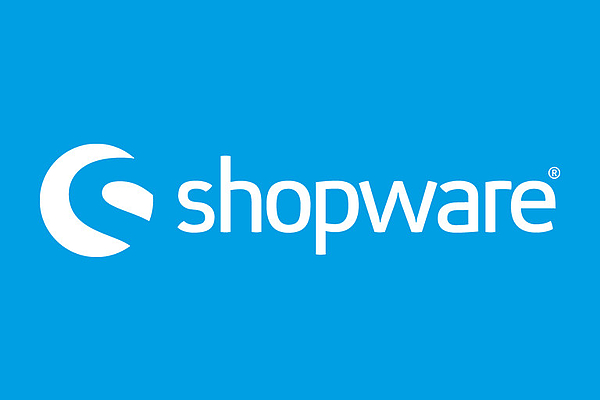 7. Shopware
7. Shopware
German company Shopware is a leading ecommerce system used by some of the largest European and UK brands, retailers and manufacturers across consumer and B2B industries. Over 100,000 companies rely on Shopware’s unique solutions from startups to enterprises. The application is open source and has a publicly-available product roadmap. What makes Shopware unique is that it actively encourages contributions, input, and feedback from clients and the community to help drive and refine its product. Core features of the software include market-leading CMS solutions, out of the box multi-warehouse support, strong platform-level technical support, and advanced search and category merchandising capabilities. In 2019, the company introduced the next generation of its software, Shopware 6. This is built on an entirely new platform with an API first approach and has been developed from the ground up, allowing the implementation of any conceivable form of ecommerce project. Founded in 2000, today the company has more than 200 employees and relies on a global network of 1,200 sales, technology and solution partners. A community with hundreds of thousands of members gives customers access to over 3,500 extensions and certified professional support.
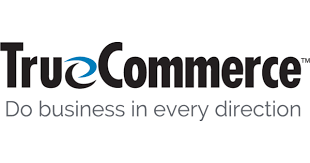 8. TrueCommerce
8. TrueCommerce
Cranberry Township, Pennsylvania-based company, TrueCommerce provides software that enables businesses across the supply chain to integrate everything from EDI and inventory management, to fulfillment, digital storefronts and marketplaces. To stay ahead in today’s dynamic global market, companies need to be able to direct their business in a lot of different directions at once. Since 1995, TrueCommerce has facilitated this while helping businesses be more connected, supported, and prepared for what’s around the corner. Its ERP systems work by automating, streamlining and improving the visibility of the various functions and assets within a business, from inventory and order management to accounting and human resources. The TrueCommerce global trading network includes over 92,000 pre-configured trading partner maps, including retailers, distributors, and logistics service providers, as well as global brands such as Amazon, P&G, and Unilever. The company has a large and diverse customer base of over 12,500 global organizations including brands such as L’Oreal, Pandora, Dannon, Sainsbury’s, Hubbell and Procter and Gamble.
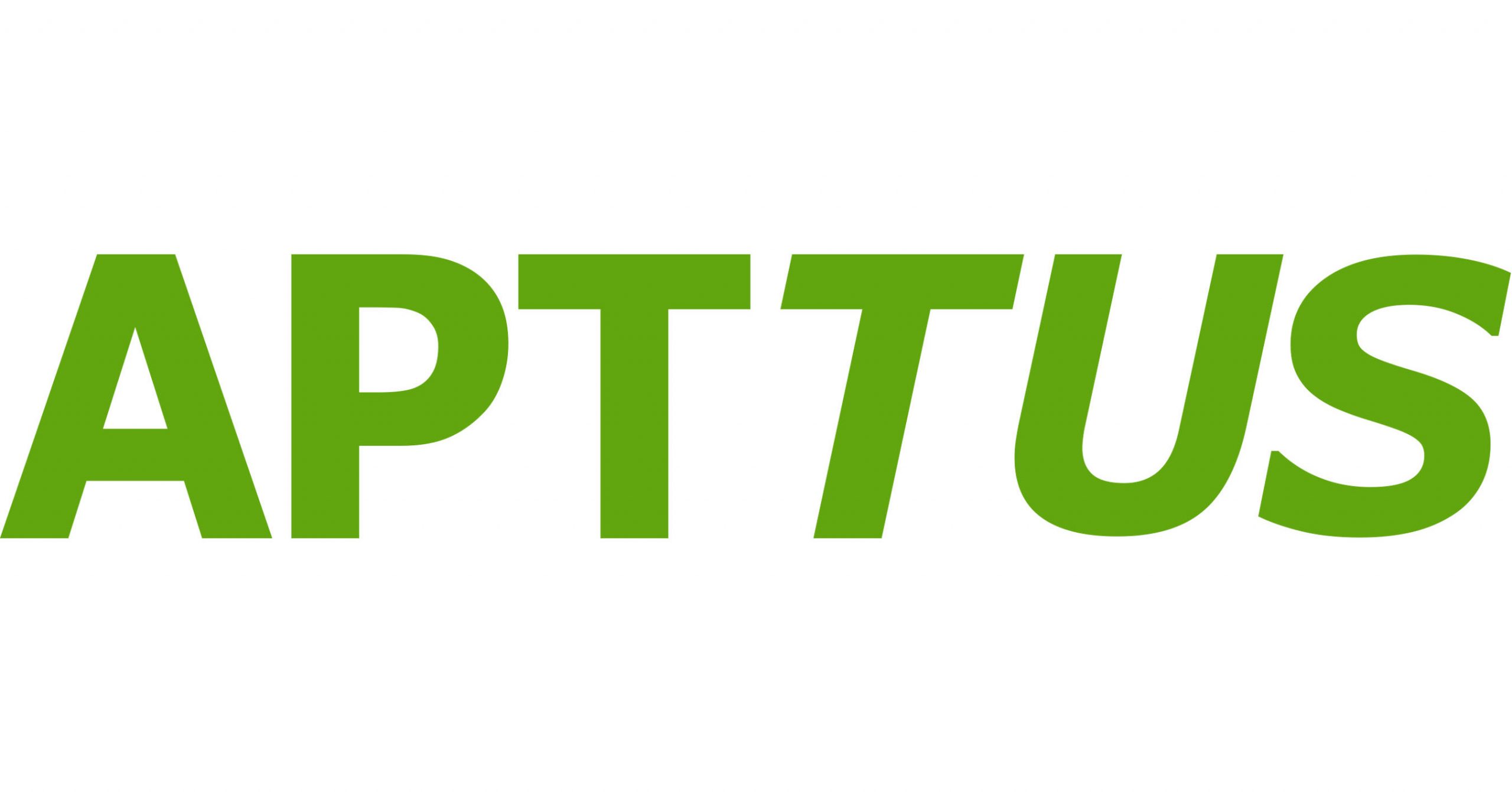 9. Apttus
9. Apttus
SaaS provider Apttus provides enterprise-class software that drives the vital business process between a buyer’s interest in a purchase and the realization of revenue. Delivered on the trusted Salesforce cloud platform, Apttus’ quote-to-cash solutions increase sales and maximize visibility and control. For more than a decade, Apttus' CPQ and CLM solutions have enabled enterprises to automate, optimize, and accelerate the most important processes within their organization, which are revenue generation and management of commercial relationships. Its solutions help maximize deal sizes and accelerate sales cycles by digitally transforming revenue operations, contract management, and approvals. As more enterprises seek solutions that can easily integrate and modernize legacy systems, Apttus streamlines the most complex revenue-based tasks to help companies succeed in the digital economy. The company provides what it describes as “middle office” solutions, utilizing artificial intelligence to optimize financial and commercial functions like ecommerce management. Founded in 2006, Apttus is based in San Mateo, California, with additional offices in London, UK, and
Ahmedabad, India.
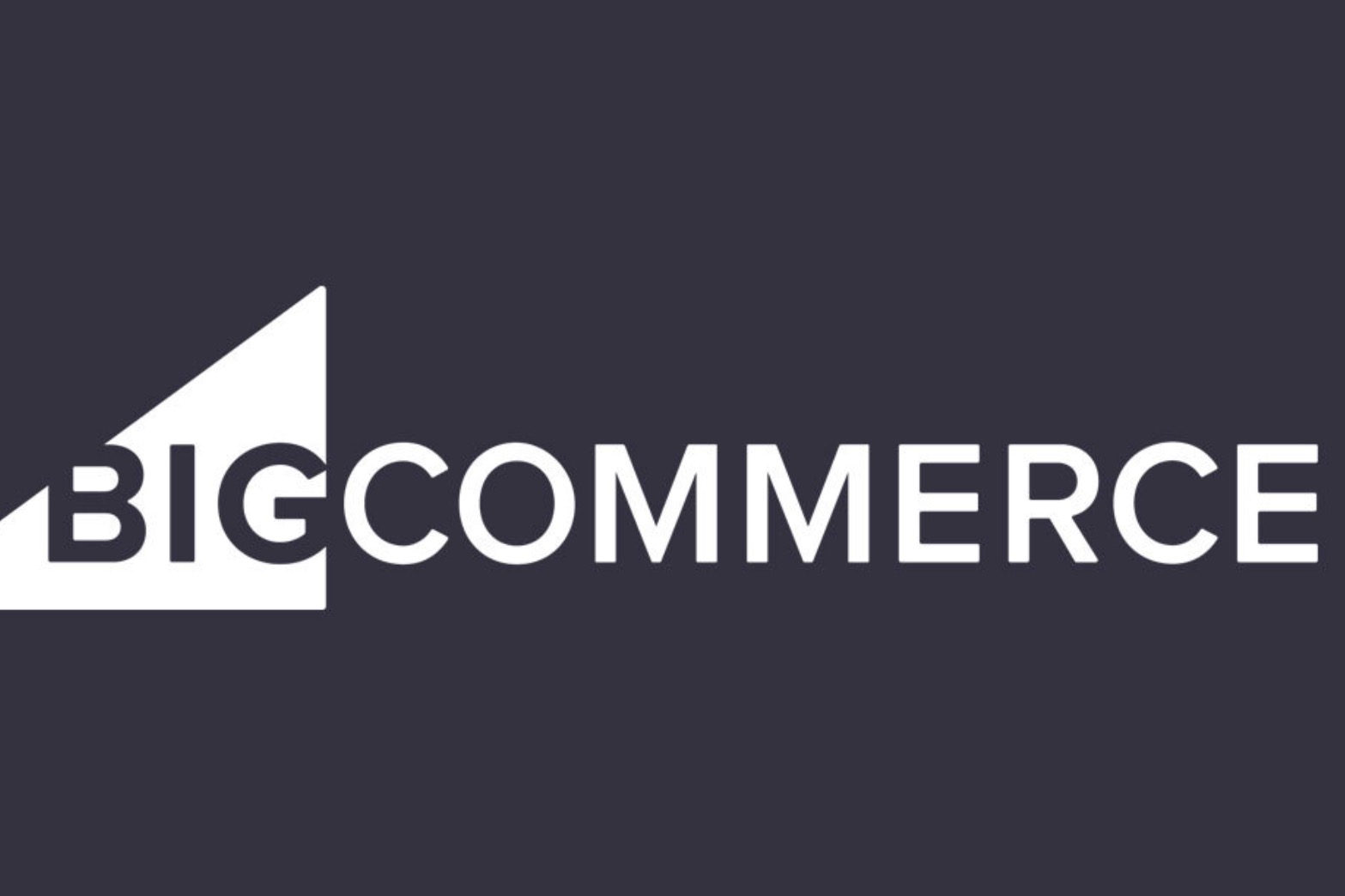 10. BigCommerce
10. BigCommerce
Australian founders Eddie Machalaani and Mitch Harper met in a chatroom in 2003 before going on to create BigCommerce in 2009. Today, it is a platform that allows small businesses to set up a professional online store in just hours. Since its inception the company has gone on to provide one of the world’s leading cloud ecommerce platforms for established and rapidly-growing businesses. With a combination of enterprise functionality, open architecture, and market-leading performance, BigCommerce enables businesses to grow online sales by launching websites with shipping and payment tracking. The company offers both consumer and B2B ecommerce solutions for more than 90,000 online stores, which includes 60,000 small businesses, more than 2,000 mid-market firms, and over 25 Fortune 1000 companies. This includes industry-leading brands like Assurant, Ben & Jerry’s, Gibson, Paul Mitchell, Martha Stewart, and Toyota. With offices in San Francisco, Austin and Sydney, BigCommerce has over 800 employees and an estimated annual revenue of over $125 million.
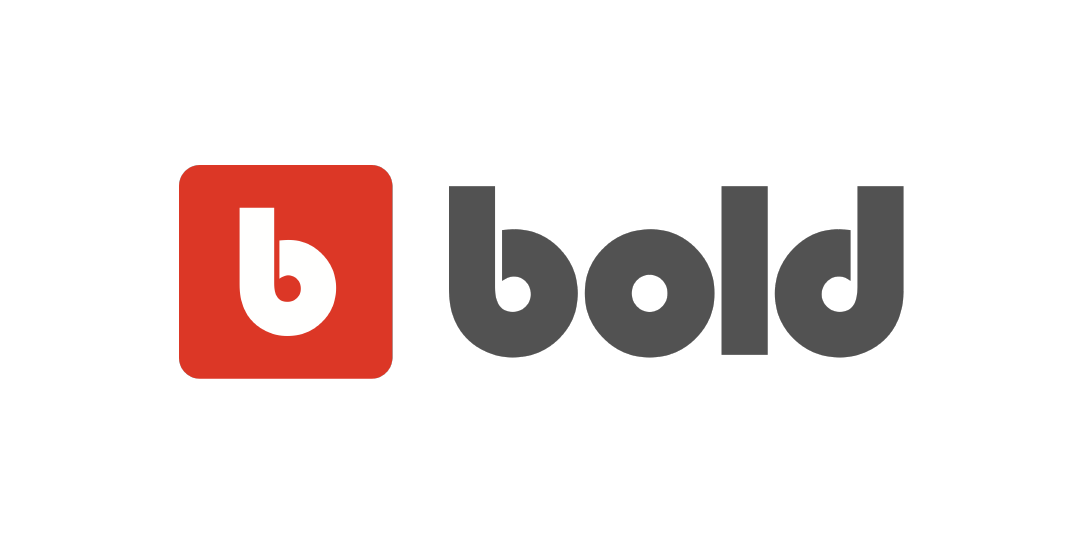 11. Bold Commerce
11. Bold Commerce
More than 90,000 merchants around the globe turn to Bold Commerce for industry-leading eCommerce tools to help power their online stores. Founded out of Winnipeg, Canada in 2013, Bold Commerce currently develops 20 apps that can be integrated with a number of major ecommerce platforms including Shopify and BigCommerce. These apps enable features such as subscriptions, bundles, upselling, multi-currency checkouts, Quickbooks and Xero integrations, loyalty schemes, and more. It also offers custom design and development services to help store owners increase productivity and sales. Bold Commerce can work directly with merchants to integrate its apps into any platform, including Magento, Demandware, and WooCommerce through an API. This year, it announced the launch of its all-new buylocal.ly online directory and platform, which is designed to quickly and easily connect businesses in local markets with consumers. Buylocal.ly was created amid the COVID-19 pandemic as a way to help local restaurants and stores let their community know that they are operational, along with business hours, pickup and delivery instructions, location information, and business category.
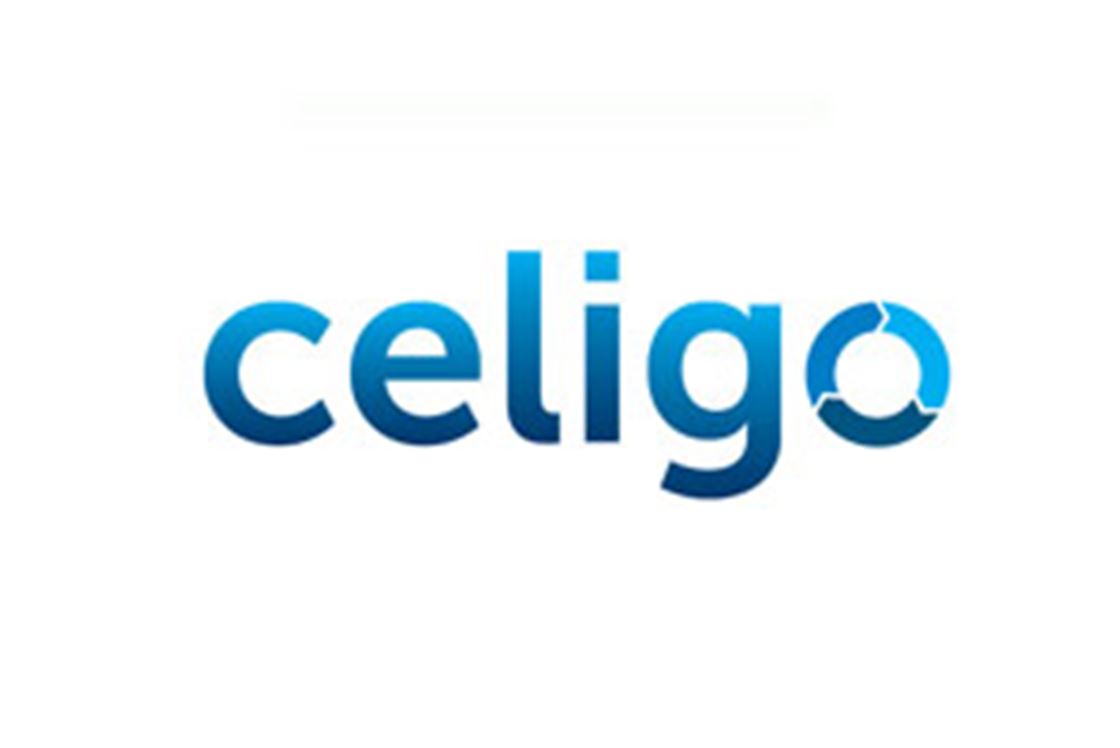 12. Celigo
12. Celigo
Celigo, the San Mateo, California-based ecommerce integration platform-as-a-service (iPaaS) provider is designed to facilitate the management of connections among hundreds of distinct third-party platforms and services. As companies increasingly rely on more cloud applications to run their business, the need for easy-to-deploy integration platforms and solutions to connect these cloud apps has never been greater. Using its integrator tool, customers can create or tap preconfigured templates available through Celigo’s marketplace. Those same customers can generate multiple imports and exports as part of a single integration flow and build and share their own stacks while bulk-uploading hundreds or even millions of records to popular cloud apps. The Celigo integration marketplace offers a list of prebuilt ecommerce Integration Apps, Quickstart templates, and other connectors built into the integrator.io platform. Celigo also offers SmartConnectors, a suite of prebuilt fully managed integration applications for popular cloud applications, including NetSuite, Salesforce, Shopify, Amazon, Zendesk, and others.
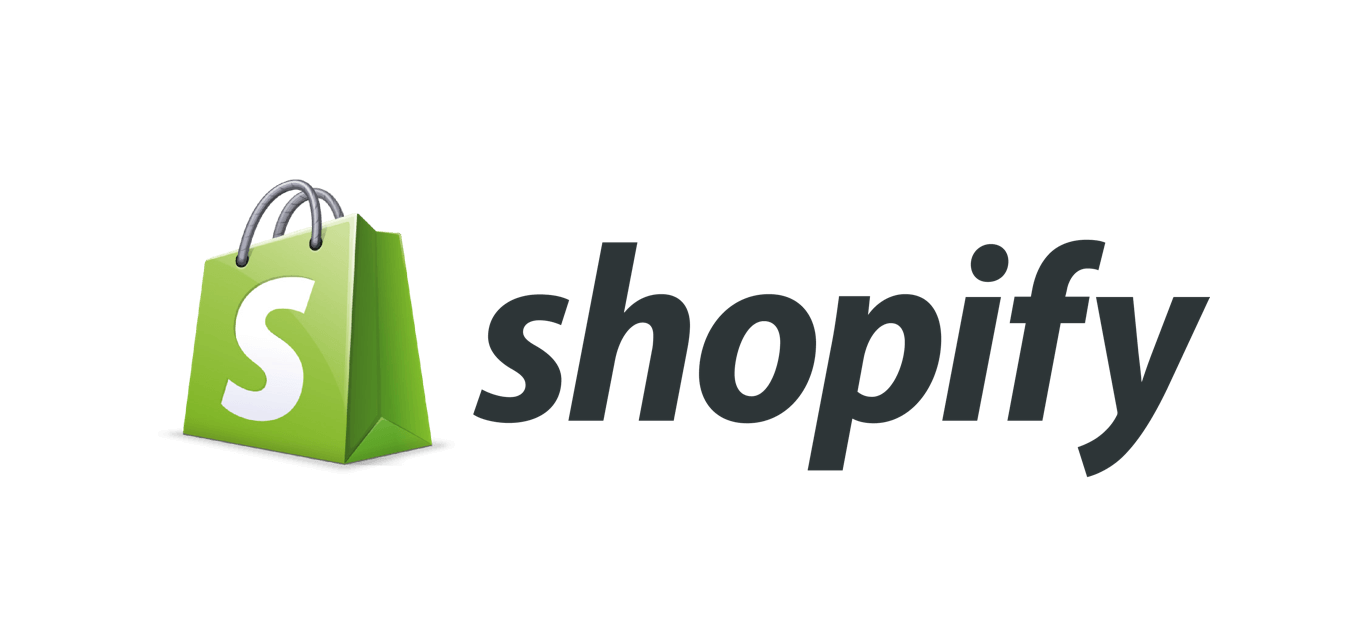 13. Shopify
13. Shopify
Ottawa, Ontario-based company Shopify is the leading omni-channel commerce platform. Businesses use the software to design, set up, and manage stores across multiple sales channels, including web, mobile, social media, marketplaces, brick-and-mortar locations, as well as pop-up shops. Notably, the platform provides a powerful back-office and a single view of the business. It is clear from its efficient and seamless features that the Shopify platform was engineered for reliability and scale, making enterprise-level technology available to businesses of all sizes. It sells both a recurring subscription product and add-on services for shipping, payments and fulfillment. Its merchants generated 5.9% of all US ecommerce sales last year, making it the country's second-largest ecommerce company after Amazon, which held a 37.3% share. This year the Shopify Email marketing app, which is designed to help ecommerce brands create email marketing campaigns, has been extended to over 20 languages, including English, French, German, Spanish, Portuguese and Chinese. Shopify currently powers over a million businesses in approximately 175 countries and is trusted by independent business owners and brands such as Unilever, Allbirds, MVMT, Kylie Cosmetics, and many more.
 14. Commercetools
14. Commercetools
German startup commercetools provides a set of APIs that power ecommerce sales and related functions for large businesses, focusing on companies that typically generate revenues in excess of $100 million annually. commercetools offers a range of services: APIs to power the basics of webshops and mobile sites, IoT services powering chatbots, the architecture for running marketplaces, social commerce services, and augmented reality. It currently integrates with Adobe, Frontastic, Bloomreach, and Magnolia. Using the commercetools platform, brands are able to create more engaging and higher revenue-driven commerce experiences that are easier and quicker to build, grow and manage across any channel. The commercetools accelerator is a flexible solution that allows enterprises to easily connect to back-end systems such as CRM, ERP and OMS, integrate complex product catalogs, get up and running with ecommerce initiatives right away. Founded in 2006, the next-generation solutions provider has offices in Germany, the Netherlands, UK, US, and Singapore. Both consumer B2C and B2B companies around the world, such as Carhartt WIP, Cimpress, Express, and Yamaha rely on commercetools to power their digital commerce business.
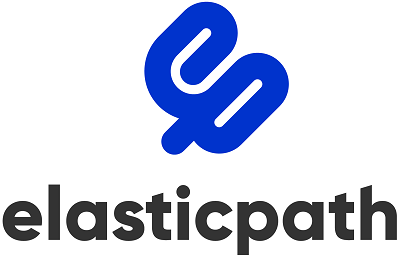 15. Elastic Path Software
15. Elastic Path Software
Fresh out of university, Elastic Path’s founders began a custom development shop on open source technology, building business applications and websites. Then in 2005 when customers requested ecommerce solutions, they answered creating tools and ideas that are used today. Based in Vancouver, Canada Elastic Path Software develops a sophisticated API-based enterprise commerce platform called Elastic Path Commerce. Its software seamlessly brings omnichannel e-commerce directly into marketing clouds and experience management platforms enabling a complete digital customer journey that maximizes engagement and drives higher revenue. Its product has generated $45 billion in over 170 countries. Elastic Path Commerce Cloud's microservices capabilities enable current and future customers to launch new revenue channels nearly on-demand and create monetization opportunities that are not only fit for the buyer but fit for the business purpose delivered at incredible scale. The company’s customer base spans industries such as retail, travel and hospitality, telco and the automotive industry. With offices across Canada, the US and UK the company employs over 200 employees.
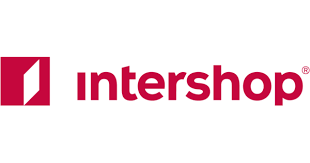 16. Intershop
16. Intershop
Responsible for the world's first online store, Intershop is an ecommerce pioneer. Founded in 1992, the German company is a leading provider of omnichannel commerce solutions that are available as cloud-based commerce-as-a-service solutions. Intershop’s suite offers high-performance packaged software for internet sales as well as broad online marketing consulting. As ecommerce transforms into a more complicated sector, Intershop has risen to the occasion by providing a range of services enabling customers to leverage the full potential of online selling. Building on extensive industry knowledge, it develops and implements commerce solutions that are tailored to its clients’ needs. The company covers all aspects of online retailing, including fulfillment. Leveraging its 26 years of experience, Intershop’s long-running and continued commitment as well as investment in research and development has allowed it to drive its strong solution architecture and capabilities. Across the world, Intershop has over 300 enterprise customers which include HP, BMW, and Deutsche Telekom. Headquartered in Jena, Germany, the company also has offices in the US as well as other parts of Europe.
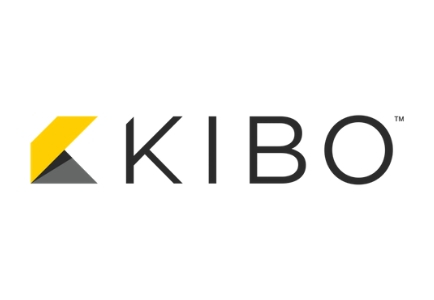 17. Kibo
17. Kibo
With over 40 years of innovations, Kibo provides everything retailers need to run an omnichannel commerce business. From in-store offerings like point of sales, dynamic payment processing, and store optimization to online applications like web-based merchandising, website content management and design, Kibo has it covered. The company also provides integrated search functions and back-end support for warehouse management, shipping, reporting, analytics, and customer loyalty programs. Kibo Software was created by a merger of Fiverun, MarketLive, and Shopatron in 2016. It has also developed a set of out-of-the-box B2B ecommerce solutions that are now available to clients looking to grow into the B2B online retail space and excel. These enhanced B2B features will help clients bring together the front-end accessibility of Kibo’s eCommerce platform with the administrative power of an enterprise solution. It provides key B2B account management features in which customers can now create and manage corporate accounts for buyers across an organization from a shared account. Jelly Belly and Calendars.com are just a couple of the companies that use Kibo to transform their digital offerings.
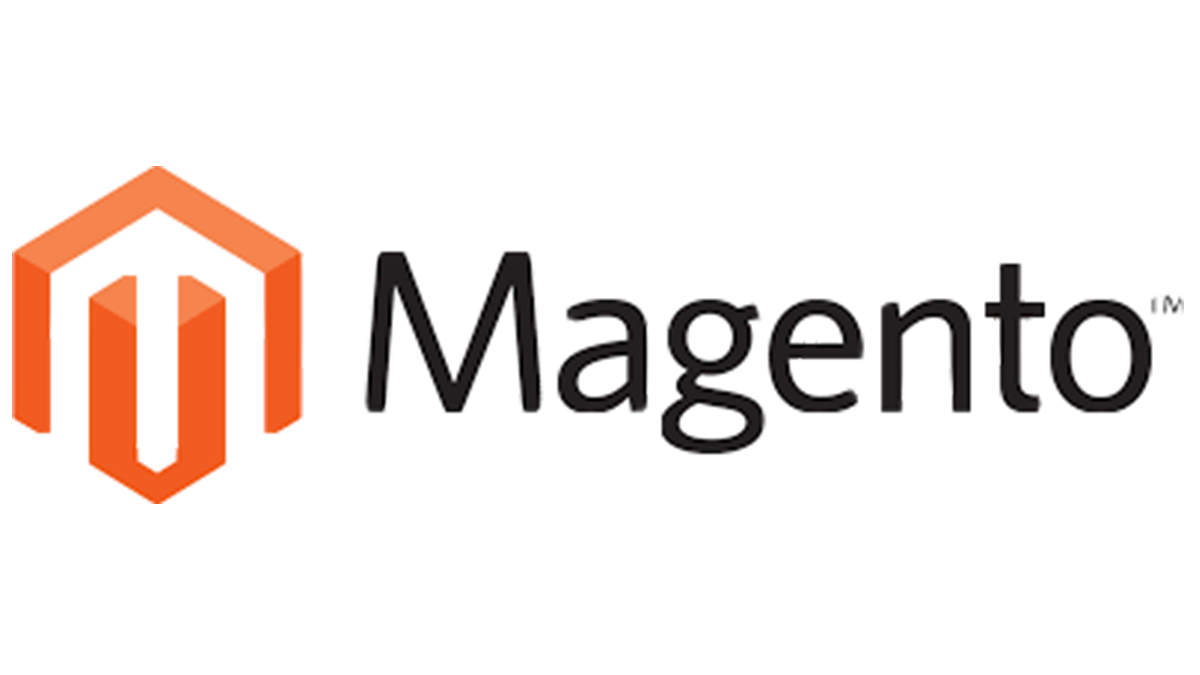 18. Magento
18. Magento
Magento is a popular choice for enterprise ecommerce brands, accounting for 31.4% of the top 100,000 ecommerce sites. The open-source ecommerce platform enables brands to begin driving revenue with Magento Enterprise and Magento Enterprise Cloud. These two versions have been unified, leaving Magento Commerce, which is a premium version of Magento Opensource that includes cloud-hosting as part of the subscription fee. The Adobe company offers out-of-the-box features, including a page builder, product recommendation, customer segmentation and personalization, content staging and previews, instant purchase and merchandising. Magento Commerce makes it easy for merchants to transform into, and operate as an effective, data-driven commerce organization and grow their business. Flexible for B2C, B2B, and hybrid solutions, Magento extends beyond the shopping cart for every shoppable experience, including email, mobile, in-store, shipping, and marketplaces. Recognized as one of the leading commerce platforms, Magento works hand-in-hand with the world’s biggest retailers, brands, and branded manufacturers across consumer and B2B industries.
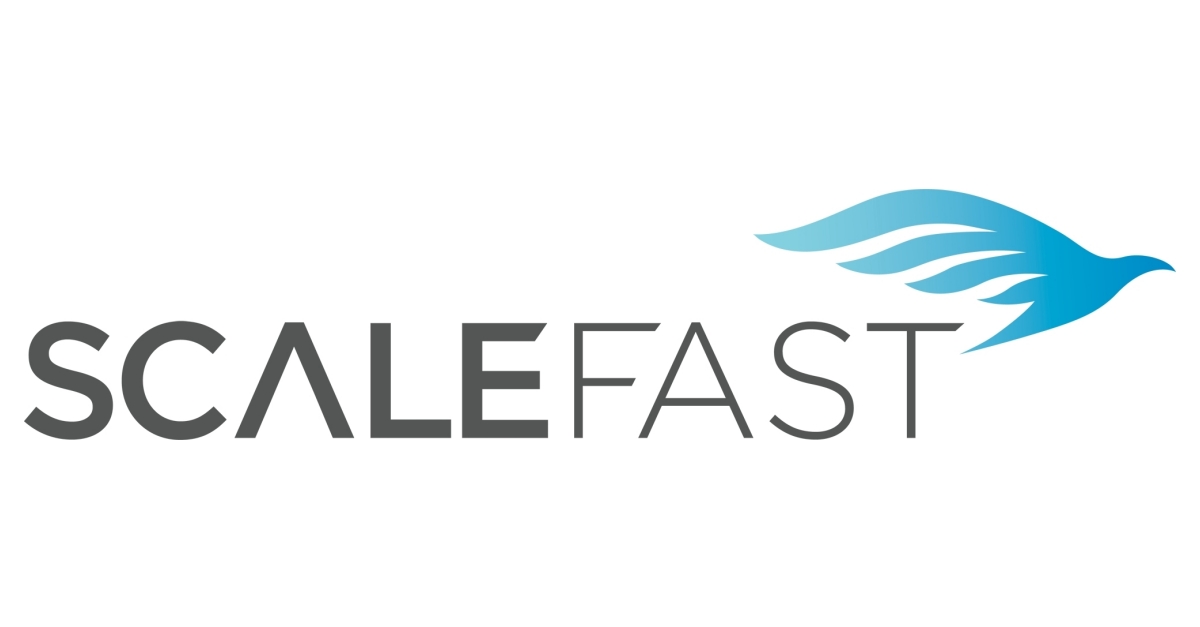 19. Scalefast
19. Scalefast
Los Angeles based digital commerce solution that is changing the way modern brands do direct-to-customer ecommerce, Scalefast helps users create exceptional shopping experiences with their online storefront. The three-year-old company has launched online stores for Bandai Namco, Sega, and Atlus, and it is showing that providing services to game companies is becoming a big business as the industry grows beyond $116 billion revenues a year. Scalefast can handle demand of about 200 orders per second and it recently managed a client with 14 million orders from 240 countries. Scalefast addresses technical, operational, contractual, and organizational challenges. The company has a modern approach to ecommerce and this has garnered award-winning success for clients while leading Scalefast to become the fastest-growing ecommerce platform in the US. Its full-stack enterprise solution brings together a cloud-based ecommerce platform, global business services and an international footprint of logistics, payment, tax and business partners. It recently announced an offer to launch direct-to-customer stores in just 15 days, to help struggling brands during the COVID-19 pandemic.
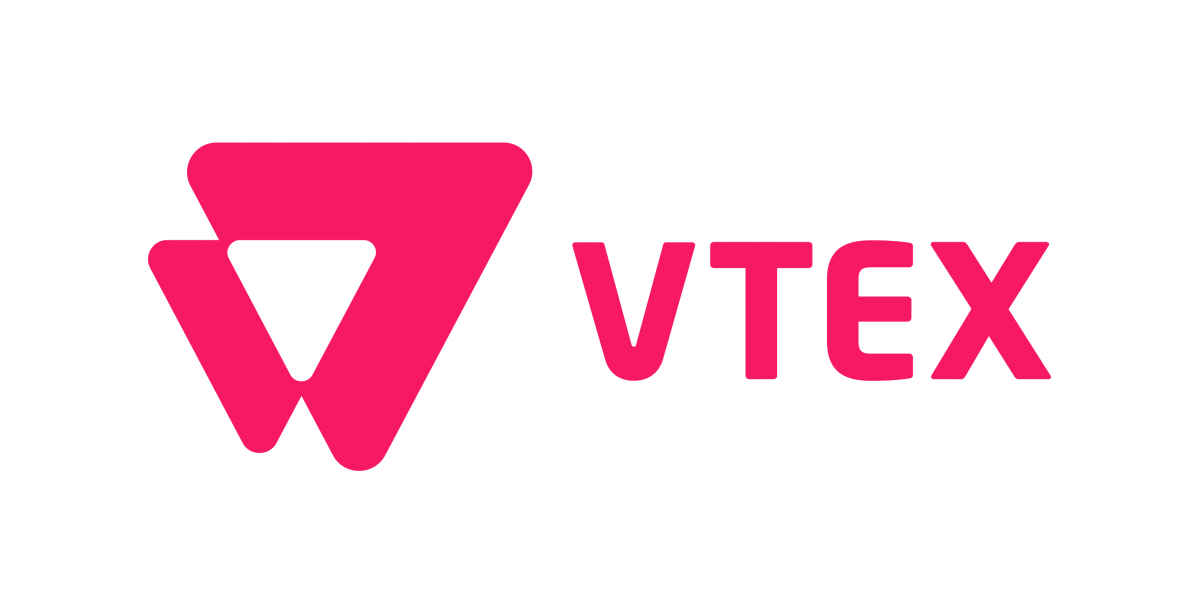 20. VTEX
20. VTEX
VTEX, which originally got its start in Latin America in 1999, helps companies expand their business in new markets with solutions for order and inventory management, customer experience, customer service, and end-to-end ecommerce services. Today, VTEX services customers across 28 countries and is trusted by some of the biggest brands in the world including Sony, Disney, Whirlpool, Lancôme, Walmart, Staples, Nokia, Fravega, Coca-Cola, Personal and Lego. Its service is based on a single-code, multi-tenant, scalable and extensible e-commerce platform. It offers the exclusive and patent-pending Smart Checkout technology, a secure, intuitive and password-free process which is an architectural network of microservices to seamlessly deliver continuous updates. The company’s VTEX IO serverless development framework enables clients to develop scalable, production-ready web applications for global commerce without infrastructure complexity. The power of this platform leads to higher conversion rates, stronger customer loyalty, and lower Total Cost of Ownership (TCO). Companies running the platform have seen a 54% increase in conversion rates and a significantly lower rate of cart abandonment.
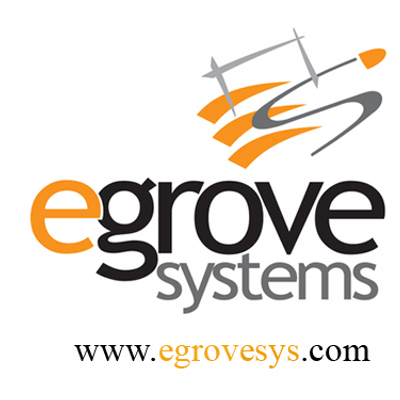 21. eGrove Systems
21. eGrove Systems
Founded in 2007, eGrove Systems is a renowned and leading global firm that offers IT solutions and services to clients across the world. The company provides content marketing, web and mobile application development services. Headquartered in Parlin, New Jersey the company also has offices in India. eGrove Systems offers a complete range of end-to-end solutions, open source ecommerce software, application development, maintenance services, mobile application development, mobile website development, professional staffing services, web channel optimization services, as well as infrastructure services and IT security solutions. The company launched its mobile app builder the Elite mCommerce (EMC) app in 2015. EMC adeptly creates mobile applications, which are crafted to mimic the look, feel and functionality of desktop websites. Areas of expertise for the eGrove team includes Magento, Shopify, Spree, Opencart and PrestaShop. Constantly driven to create, design and develop extraordinary ecommerce solutions, eGrove leverages the knowledge of its industry experts and proprietary technologies.
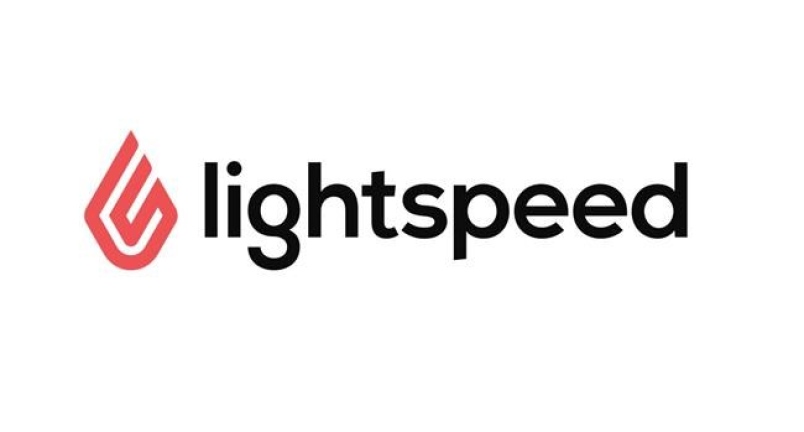 22. Lightspeed
22. Lightspeed
Lightspeed is a point-of-sale and ecommerce software provider based in Montreal, Quebec, Canada providing small and medium sized retail and restaurant businesses with point of sale solutions. Recently they launched a cloud-based ecommerce system that integrates with their existing products. Its cloud-based software lets businesses manage inventory and marketing, monitor sales, manage employees, and process payments. The software also works with third-party platforms for additional marketing, customer loyalty, and employee management capabilities. Its omnichannel capabilities allow users to integrate online and brick-and-mortar storefronts into one platform with features like centralized inventory, the ability to track customers both online and in-store, and the ability to generate a report covering both online and in-store metrics. Lightspeed's hardware is all iPad based, save for cash drawers, receipt printers and barcode scanners which are available bundled or a la carte through various hardware providers. The company went public in March 2019 on the Toronto Stock Exchange. It is offering its delivery, ecommerce, and loyalty services for free over the next three months because of the impact of COVID-19.
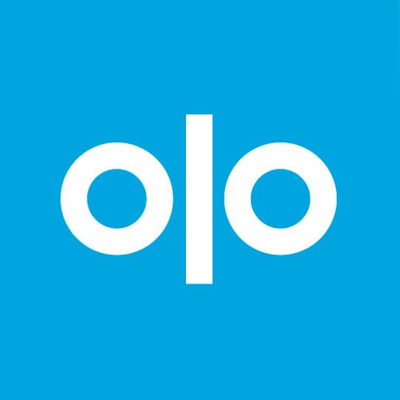 23. Olo
23. Olo
New York-based company Olo is a mobile and online food ordering platform that allows customers to order food from online menus and prepay from a brand’s own website or app, third party marketplaces, social media platforms, smart speakers, and home assistants. Its enterprise SaaS platform is best suited for multi-location restaurant brands. The company first started as a way to place a coffee order over text back when smartphones were just an abstract idea, though, anticipating how consumer devices would change the retail experience, Noah Glass, founder and CEO of Olo, led the team to quickly build out an app-capable platform. In 2019, it announced the launch of a R&D food ordering trial through BMW vehicles in the United States. Olo’s platform enables every stage of restaurant ecommerce, from fully-branded consumer interfaces to the back-of-house order management features that keep over 70,000 restaurants running smoothly. Olo serves as the on-demand ordering and delivery platform for over 300 brands, such as Applebee’s, Checkers & Rally’s, Cheesecake Factory, Chili’s, Dairy Queen, Denny’s, Five Guys, Shake Shack, and more.
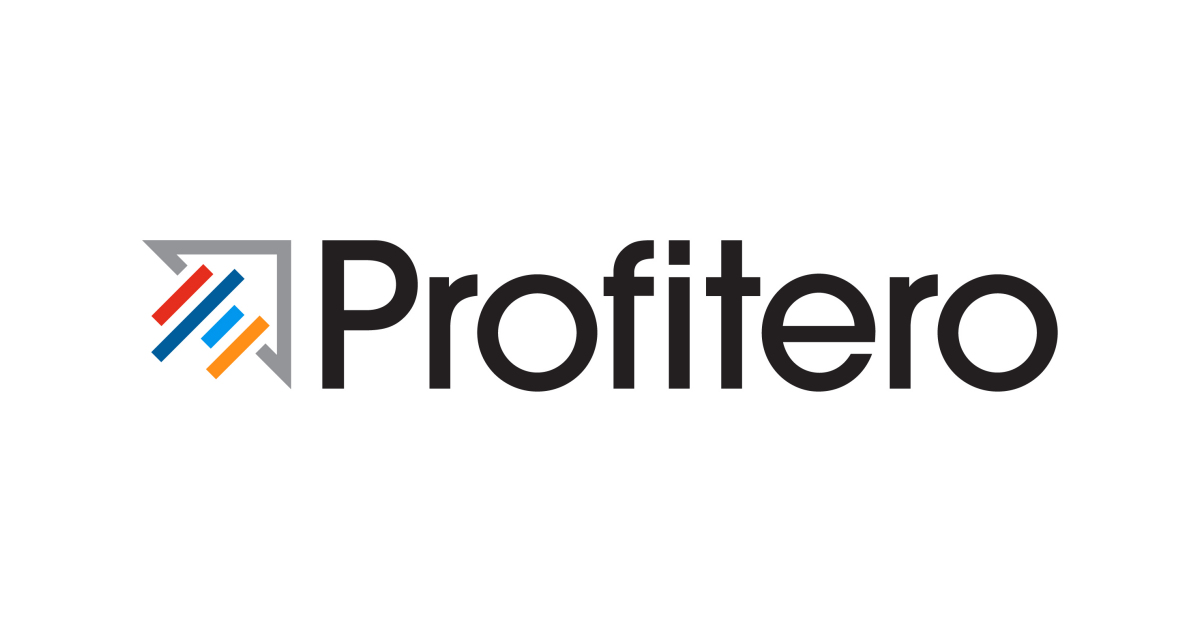 24. Profitero
24. Profitero
Founded in 2010, Profitero is the ecommerce performance analytics platform that can measure users' digital shelf performance across 8,000 retailer sites and mobile apps in 50 countries. It uses this to gain actionable insights to improve product content, search placement, ratings and reviews, availability, assortment and pricing. Profitero also allows brands to measure their Amazon sales and share performance, and is the only solution that can correlate Amazon sales and share performance with changes across the digital shelf. The platform was first in the industry to integrate Amazon sales and share metrics and digital shelf analytics together so brands can more quickly pinpoint the factors that will lead to more sales. Using Profitero’s price analytics, brands can track product price movements across every retailer site, down to specific click and collect locations, and identify the retailers or third party sellers who are triggering market-wide price drops and profitability issues. Many of the world’s leading brand manufacturers depend on Profitero’s data to measure and improve their ecommerce performance, including Beiersdorf, iRobot, Edgewell, General Mills, Heineken, Kids II, MillerCoors and L’Oreal.
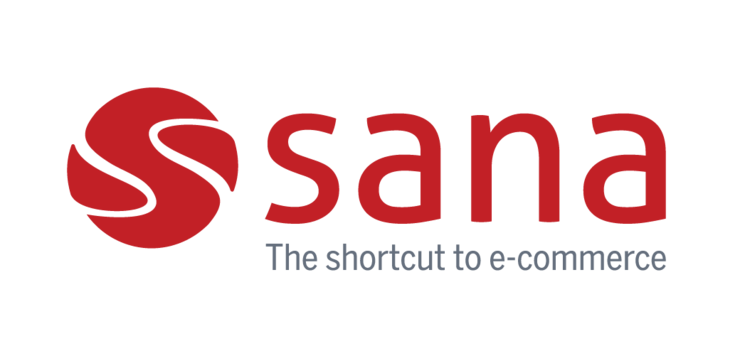 25. Sana Commerce
25. Sana Commerce
Founded by Jan Kees de Jager and Karel van der Woude in 1992, Sana Commerce is a B2B and B2C ecommerce software company headquartered at the Van Nelle Factory, located in Rotterdam, Netherlands. Today, the company has offices around the world in the US, the UK and Sri Lanka. Sana specializes in integrating its customers’ ecommerce platforms with their back-end ERP systems used to manage such operations as customer activity, financial records and personnel. Sana is a certified partner for working on the Microsoft Dynamics and SAP ERP systems from Microsoft Corp and SAP SE. Its package calculator algorithm uses information from the Microsoft Dynamics ERP solution to offer customers insight into shipping costs and logistics transit. Sana says it has about 200 company clients in North America and plans to double that number by 2020 in addition to adding 40 employees to its New York office. Sana’s customers in North America include beverage supplier Talking Rain, dental products distributor American Orthodontics, pharmaceutical supplier AP Martin, and automotive industry supplier SPAL Automotive.
























